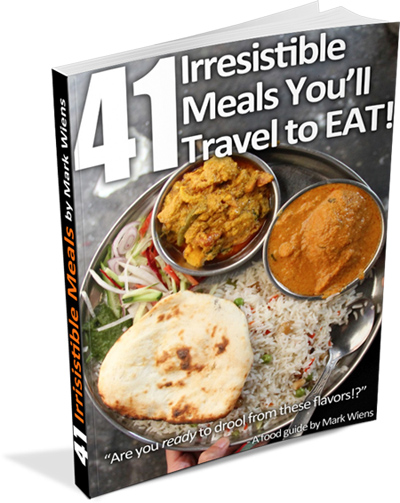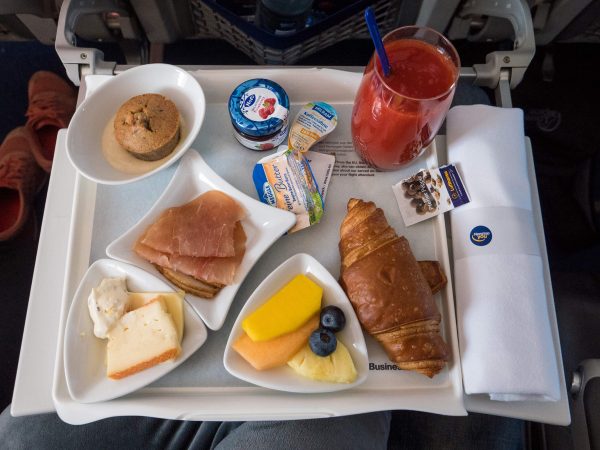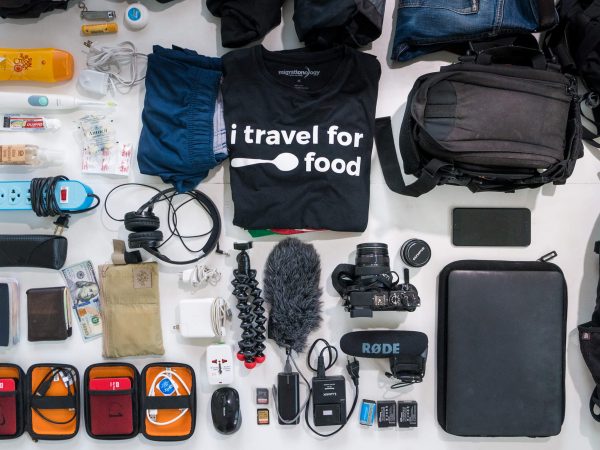
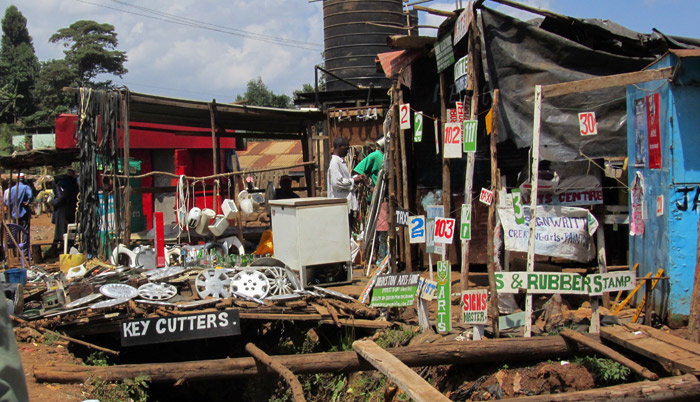
If you’re unfamiliar with the term “git er done,” you can read what it means right here.
What is a Jua Kali?
The literal translation of Jua Kali in Kenyan Kiswahili is “fierce sun“; the actually meaning is the Kenyan word for “git er done,” or a person, businessman, or entrepreneur that can undoubtedly fix or practically do anything upon request.
Under the beating rays of the equatorial sunshine, shaded by plastic bags or at best beneath an antique sheet of mabati (tin roofing), jua kali entrepreneurs make it their mission to keep things alive and working.
Their modest offices are on the sides of muddy streets, many within the labyrinth of slum districts like Kibera or Dandora of Nairobi, Kenya.
Jua kali’s are street doctors, keeping things alive and working.
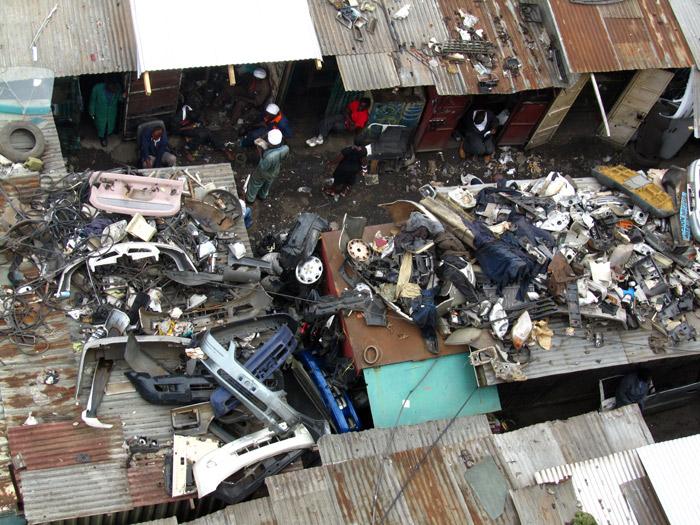
Jua Kali Creativity
The realm of creativity reaches to the ends of the earth.
Have a petrol leak on your car? That can be patched up by rubbing a bar of soap on the wound until it plugs up.
Did your 99 cent flip flops break at the toe? Don’t throw them away, they can be fixed by a jua kali.
Get exclusive updates
Enter your email and I’ll send you the best travel food content.
Have some items of junk that are undeniably useless to anyone? Think again, if a jua kali can’t eventually find a way to get it working, he will surely use it to aid in fixing another thing.
Quality Work?
Along with the positive benefits one can derive from the use of cheap jua kali labor, it’s not always fun and games.
Some jua kali goals are to repair or create for the short term benefit of the user, NOT necessarily for long term sustainability.
Masters of jury rigging, jua kali work is notorious for looking great, and then falling apart the moment you get a little ways from the workshop.
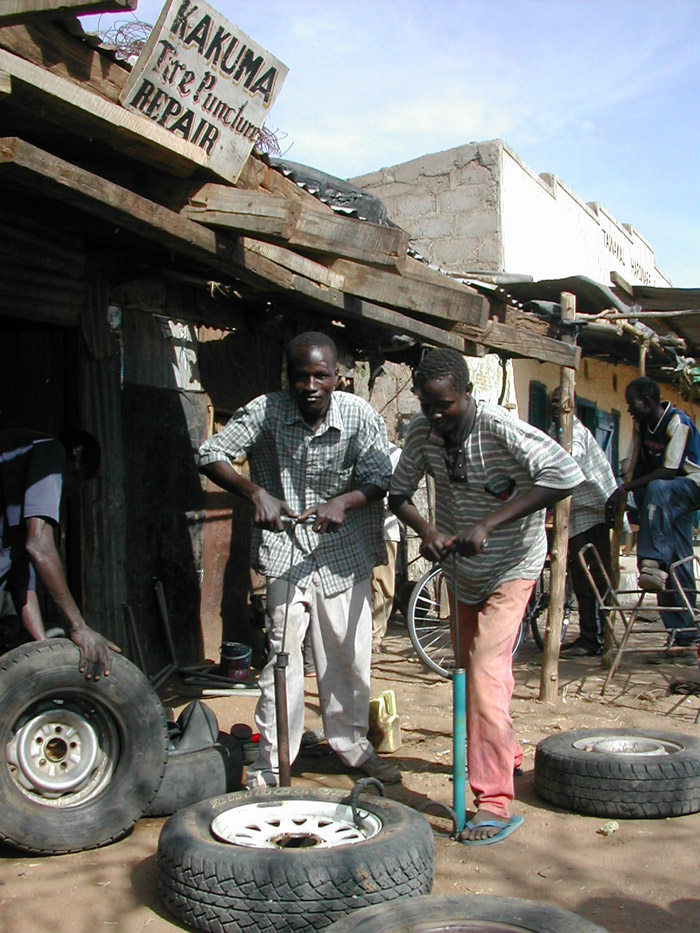
There’s no legal contract involved when seeking street expertise, no guarantee or warranty that things will actually function. Jua kali’s offer solutions to problems — often at rock bottom prices.
With a Kenyan economy that can’t support jobs for the entire population, there’s a giant informal sector of expertise, the jua kali field.
Where professional education is scarce, expert niche experience and hands on learning is what takes over.
Throughout Kenya there are millions of jua kali business owners, in the city of Nairobi alone there is an estimate of well over 500,000 self employed jua kali experts in all forms of imaginable fields.
How Does the Jua Kali Sector Financially Churn?
It’s one of the African cultural values that is the most powerful: community and the high value of others.
Mary Njeri Kinyanjui from the UN Research Institute for Social Development explains that a common thought in Africa is, “I am because we are, we are because I am.”

It’s not uncommon for jua kali’s in a range of fields to pool together into a group and financially help each other out, all donating a week of profits and lending it to a friend in order to purchase necessary equipment to get started.
The jua kali networks function on a rotating schedule, one member collects all the money for the entire week and then the next week’s profits go the the next person in the group.
The creativity of jua kali’s in Kenya is sometimes mind boggling; things that you didn’t even imagine could work again, somehow manage to keep breathing.
Their complex yet simple model of business offers insights into the cultural reality of Kenya and the employment that so many rely upon day after day.
Are You a Jua Kali?
As you travel or wherever you live, things break and get old, and spending money (or saving while you travel) will inevitably be at the forefront of your interests.
Before throwing something away, ask yourself, “Could I jua kali it?” Maybe it won’t last long, but hey, you might be surprised at the value of being resourceful and making quick fixes and not having to buy something new!
What things have you been able to “jua kali?”
Get exclusive updates
Enter your email and I'll send you the best travel food content.
